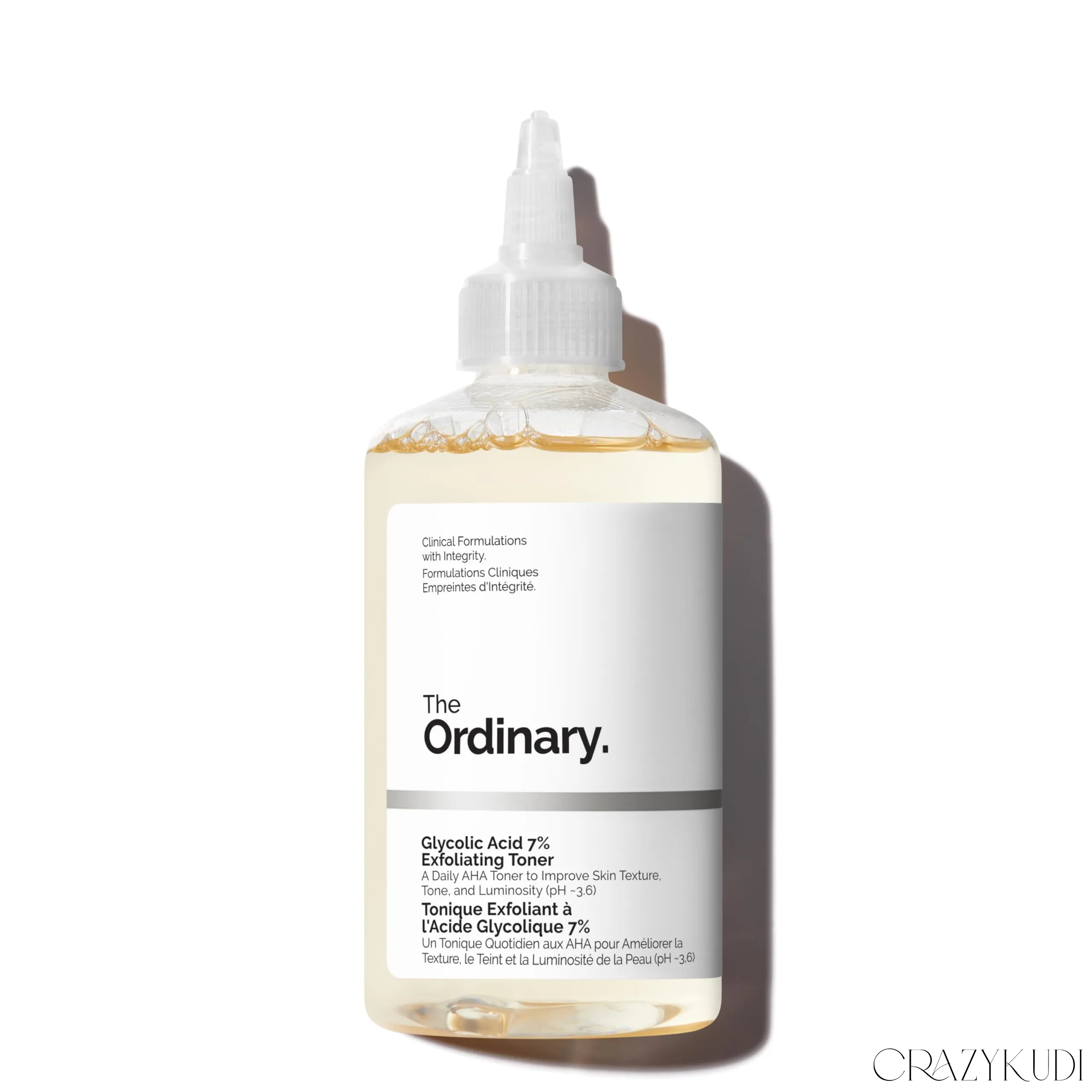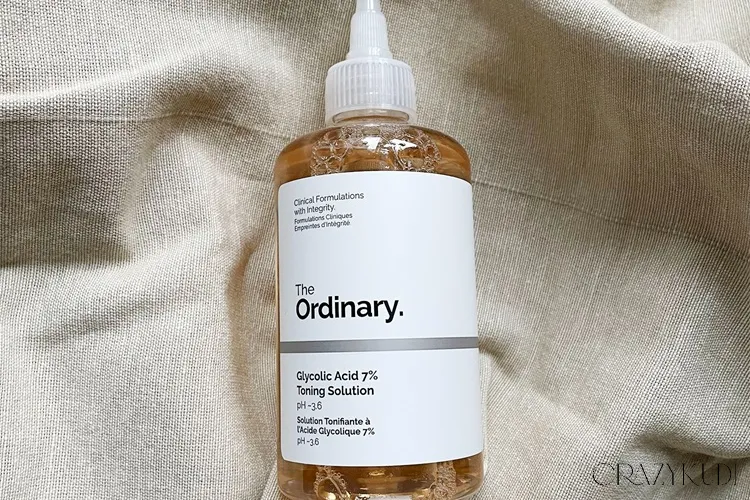Glycolic acid is one of the most talked-about ingredients in skincare, particularly for those battling acne. But is it actually effective for treating breakouts—or just another buzzword in your beauty cabinet?
As a board-certified dermatologist, I often recommend glycolic acid to patients—but only when used appropriately and in the right context. Let’s explore what glycolic acid does, how it works for acne, and who should (or shouldn’t) be using it.
What Is Glycolic Acid?
Glycolic acid is an alpha hydroxy acid (AHA) derived from sugarcane. It's one of the smallest and most effective molecules in the AHA family, which means it can penetrate the skin more deeply than most other acids.
Primary benefits include:
- Chemical exfoliation
- Increased cell turnover
- Smoother texture
- Brightening effect
- Fading of post-acne marks (PIH)
Can Glycolic Acid Treat Acne?
Yes—but with some caveats.
Glycolic acid is not antibacterial or oil-soluble like salicylic acid (a beta hydroxy acid, or BHA), but it plays an important supportive role in an acne treatment routine.
✅ Here’s how glycolic acid helps acne-prone skin:
- Exfoliates dead skin cells that clog pores and lead to breakouts
- Unclogs pores over time, especially when used in low concentrations regularly
- Fades acne scars and hyperpigmentation, especially on melanin-rich skin
- Improves skin texture in cases of mild acne-related roughness
⚠️ But here’s what glycolic acid doesn’t do:
- It doesn’t kill acne-causing bacteria (Cutibacterium acnes)
- It won’t reduce oil production
- It can cause irritation if overused, especially on sensitive or inflamed acne
Also read: Solutions for the Most Common Types of Acne, According to Dermatologists
Who Should Use Glycolic Acid for Acne?
Best suited for:
- People with mild to moderate non-inflammatory acne (blackheads, whiteheads)
- Those with post-inflammatory hyperpigmentation (PIH) or dullness
- Individuals who want to boost their exfoliation routine alongside salicylic acid or benzoyl peroxide
Avoid or be cautious if:
- You have sensitive or reactive skin
- You're dealing with active, inflamed cystic acne
- You’re already using strong actives like retinoids or benzoyl peroxide daily (this can lead to over-exfoliation)
Dermatologist Tips on Using Glycolic Acid for Acne
- Start low (5–7%): Higher concentrations (10–20%) should only be used a few times a week or under professional guidance.
- Use it at night: Glycolic acid increases sun sensitivity. Always pair with SPF 30+ in the morning.
- Moisturize after use: It can be drying or irritating, so follow up with a non-comedogenic moisturizer.
- Don’t mix with strong actives daily: Especially retinoids, Vitamin C, or other exfoliants unless directed.

Best Glycolic Acid Products for Acne-Prone Skin
- The Ordinary Glycolic Acid 7% Toning Solution – budget-friendly and effective for fading marks
- Pixi Glow Tonic (5% Glycolic Acid) – gentle enough for beginners
- Drunk Elephant T.L.C. Framboos Glycolic Night Serum – combines AHAs and BHAs
- Murad AHA/BHA Exfoliating Cleanser – great as a 2-3x weekly treatment
- Paula’s Choice 8% AHA Gel – well-formulated for daily use with hydration boosters
Also read: Acne Treatment Options for Black Skin: What Dermatologists Recommend
Glycolic Acid vs. Salicylic Acid: Which Is Better for Acne?
| Feature | Glycolic Acid (AHA) | Salicylic Acid (BHA) |
| Oil Soluble | ❌ | ✅ |
| Antibacterial | ❌ | ✅ |
| Best For | Surface exfoliation, PIH | Clogged pores, oily skin |
| Irritation Risk | Moderate | Low to moderate |
| Suitable for Sensitive Skin | Sometimes | Often better tolerated |
Verdict:
Salicylic acid is better for treating active breakouts, while glycolic acid is ideal for supporting exfoliation and reducing marks. Many dermatologists recommend using both—but not at the same time.
Final Thoughts: Is Glycolic Acid Right for You?
Glycolic acid can be a fantastic addition to your acne-fighting routine—as long as it's used correctly and not overdone. It’s not a miracle cure, but it plays a critical role in improving skin texture, fading post-acne dark spots, and promoting clearer, brighter skin.
If you're unsure whether glycolic acid fits into your regimen—or worried about mixing it with other actives like tretinoin or benzoyl peroxide—consult a dermatologist. The right guidance can help you get maximum benefit without damaging your skin barrier.

